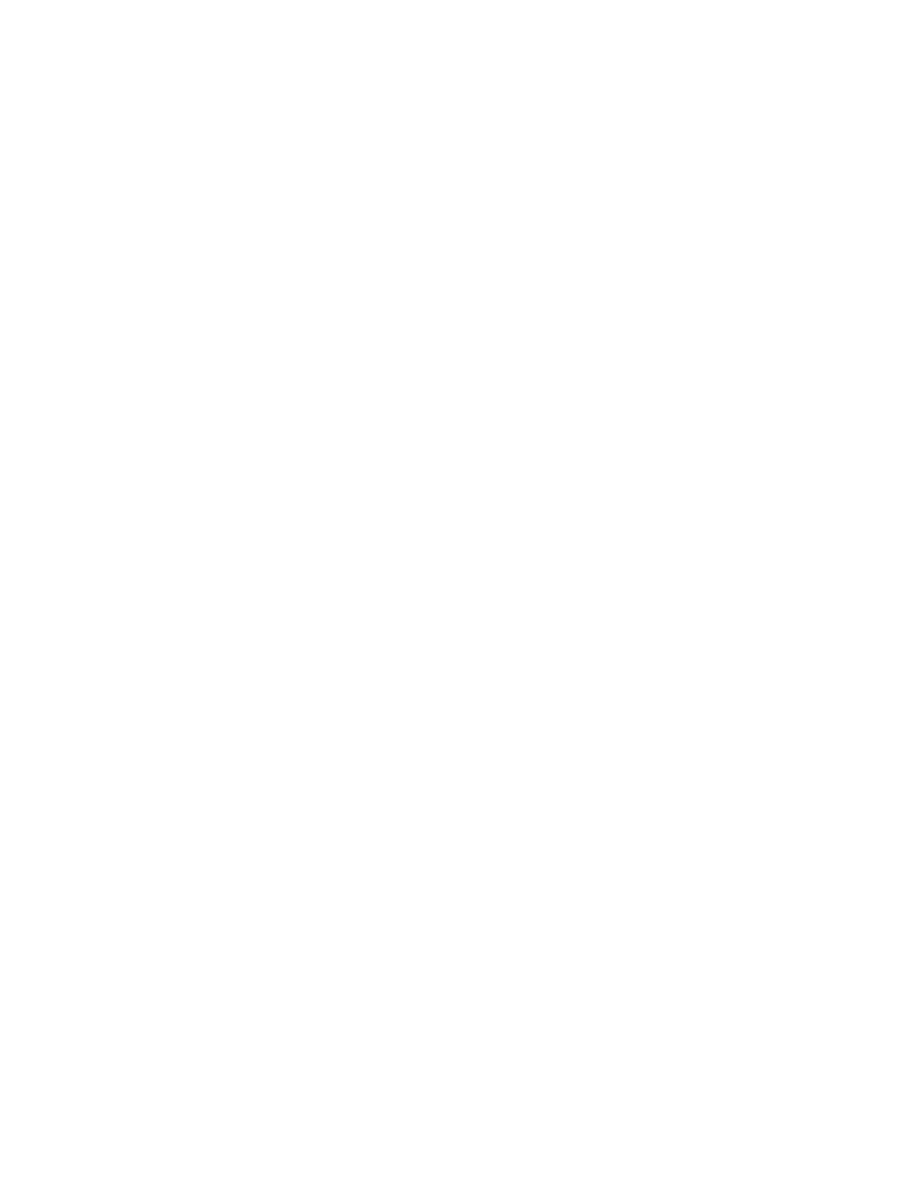
283
Federal Aviation Administration, DOT
§ 23.1017
(1) Meet the requirements of § 23.967
(a) and (b); and
(2) Withstand any vibration, inertia,
and fluid loads expected in operation.
(b)
Expansion space. Oil tank expan-
sion space must be provided so that—
(1) Each oil tank used with a recipro-
cating engine has an expansion space of
not less than the greater of 10 percent
of the tank capacity or 0.5 gallon, and
each oil tank used with a turbine en-
gine has an expansion space of not less
than 10 percent of the tank capacity;
and
(2) It is impossible to fill the expan-
sion space inadvertently with the air-
plane in the normal ground attitude.
(c)
Filler connection. Each oil tank
filler connection must be marked as
specified in § 23.1557(c). Each recessed
oil tank filler connection of an oil tank
used with a turbine engine, that can re-
tain any appreciable quantity of oil,
must have provisions for fitting a
drain.
(d)
Vent. Oil tanks must be vented as
follows:
(1) Each oil tank must be vented to
the engine from the top part of the ex-
pansion space so that the vent connec-
tion is not covered by oil under any
normal flight condition.
(2) Oil tank vents must be arranged
so that condensed water vapor that
might freeze and obstruct the line can-
not accumulate at any point.
(3) For acrobatic category airplanes,
there must be means to prevent haz-
ardous loss of oil during acrobatic ma-
neuvers, including short periods of in-
verted flight.
(e)
Outlet. No oil tank outlet may be
enclosed by any screen or guard that
would reduce the flow of oil below a
safe value at any operating tempera-
ture. No oil tank outlet diameter may
be less than the diameter of the engine
oil pump inlet. Each oil tank used with
a turbine engine must have means to
prevent entrance into the tank itself,
or into the tank outlet, of any object
that might obstruct the flow of oil
through the system. There must be a
shutoff valve at the outlet of each oil
tank used with a turbine engine, unless
the external portion of the oil system
(including oil tank supports) is fire-
proof.
(f)
Flexible liners. Each flexible oil
tank liner must be of an acceptable
kind.
(g) Each oil tank filler cap of an oil
tank that is used with an engine must
provide an oiltight seal.
[Doc. No. 4080, 29 FR 17955, Dec. 18, 1964, as
amended by Amdt. 23–15, 39 FR 35459 Oct. 1,
1974; Amdt. 23–43, 58 FR 18973, Apr. 9, 1993;
Amdt. 23–51, 61 FR 5137, Feb. 9, 1996]
§ 23.1015
Oil tank tests.
Each oil tank must be tested under
§ 23.965, except that—
(a) The applied pressure must be five
p.s.i. for the tank construction instead
of the pressures specified in § 23.965(a);
(b) For a tank with a nonmetallic
liner the test fluid must be oil rather
than fuel as specified in § 23.965(d), and
the slosh test on a specimen liner must
be conducted with the oil at 250
°
F.;
and
(c) For pressurized tanks used with a
turbine engine, the test pressure may
not be less than 5 p.s.i. plus the max-
imum operating pressure of the tank.
[Doc. No. 4080, 29 FR 17955, Dec. 18, 1964, as
amended by Amdt. 23–15, 39 FR 35460, Oct. 1,
1974]
§ 23.1017
Oil lines and fittings.
(a)
Oil lines. Oil lines must meet
§ 23.993 and must accommodate a flow
of oil at a rate and pressure adequate
for proper engine functioning under
any normal operating condition.
(b)
Breather lines. Breather lines must
be arranged so that—
(1) Condensed water vapor or oil that
might freeze and obstruct the line can-
not accumulate at any point;
(2) The breather discharge will not
constitute a fire hazard if foaming oc-
curs, or cause emitted oil to strike the
pilot’s windshield;
(3) The breather does not discharge
into the engine air induction system;
and
(4) For acrobatic category airplanes,
there is no excessive loss of oil from
the breather during acrobatic maneu-
vers, including short periods of in-
verted flight.
VerDate Mar<15>2010
10:12 Mar 18, 2014
Jkt 232046
PO 00000
Frm 00293
Fmt 8010
Sfmt 8010
Y:\SGML\232046.XXX
232046
pmangrum on DSK3VPTVN1PROD with CFR